IAEA chief's political, non-technical behavior main obstacle to JCPOA revival: Iran's Nour News
Rafael Grossi, the head of the International Atomic Energy Agency (IAEA), is obstructing the revival of the 2015 Iran nuclear deal by his continued political approaches amid the US administration’s foot-dragging in removing economic sanctions against Tehran, according to Iran's Nour News.
The news analysis website, which is close to the country’s Supreme National Security Council (SNSC), said on Tuesday that Grossi, in tandem with the Israeli regime, are the main obstacles to the finalization of the Vienna talks on the restoration of the Joint Comprehensive Plan of Action (JCPOA), the official name of the 2015 accord.
“The continued adoption of political approaches by the Director General of the IAEA in a situation that Western officials and media are optimistic about reaching an agreement, shows that Rafael Grossi is still the main obstacle to the finalization of the sanctions-lifting negotiations, along with the Zionist regime,” Nour News said.
The news website stressed that Grossi’s “political and non-technical behavior” in the case of Iran's peaceful nuclear activities has always presented a serious challenge for resolving the existing disputes in the revival of the JCPOA.
Pointing to Grossi's recent interview with CNN, Nour News said the IAEA’s chief had started repeating previous accusations against the Islamic Republic while the Western officials and media expressed optimism about the finalization of the diplomatic process.
"Give us answers and access to people and places so we can clarify a lot of things that need to be clarified," Grossi told CNN on Monday, calling on Iran to explain what he claimed to be “traces of enriched uranium” found at the country’s nuclear research sites three years ago.
Responding to the unsubstantiated protestations in the interview, Nour News said Grossi's statements are raised while Iran has already provided the necessary information and access to the IAEA, but the director general of the international organization “continues to play opposition regardless of Iran's goodwill and based on undocumented reports provided to the IAEA by the Zionist regime.”
“Grossi's continued adoption of this approach shows that he, along with the Zionist regime, is still the main obstacle to the finalization of the sanctions lifting negotiations,” it said.
Pointing to Grossi’s travel to Israel and his talks with the officials of the regime before the meeting of the Board of Governors in June, Nour News said, “The adoption of non-constructive positions by the Director General of the IAEA confirms that the Islamic Republic of Iran's insistence on the need to resolve the remaining safeguard issues before any agreement has valid reasons and is aimed at preventing the continuation of the political behavior of the Director General of the IAEA.”
Earlier in the day, the European Union's top diplomat Josep Borrell said that most countries involved in negotiations with Iran had agreed with the EU proposal aimed at salvaging the 2015 nuclear deal, which was abandoned by the US in 2018 despite Iran's full compliance.
Borrell said the proposal follows 16 months of indirect talks between Iran and the United States, with the EU shuttling between the parties.
Iran said last Monday that it had responded to the EU's proposal, emphasizing that it was now the US’ turn to show realism and flexibility if it really wanted a final agreement to be reached.
Iran submitted its response to the EU draft proposal on August 15, a week after the latest round of talks wrapped up in Vienna.
Iranian Foreign Minister Hossein Amir-Abdollahian said on the same day that if the US showed a realistic and flexible reaction to Iran’s offer, “we would be at the point of agreement,” adding, “The American side has orally agreed to two proposals offered by Iran.”
Former US President Donald Trump unilaterally withdrew his country from the JCPOA in May 2018 and reinstated draconian sanctions on Iran despite Tehran’s full compliance with its commitments under the landmark accord.
After exercising "strategic patience" for one year, Tehran started to gradually scale back its commitments under the deal in 2019 but maintained that its “remedial measures” were reversible provided the other parties fulfill their commitments.
Unlike the United States, the Islamic Republic of Iran never left the JCPOA.
In April last year, Iran and the world powers started negotiations in Vienna to salvage the deal and lift sanctions on Iran. Tehran says the US's indecisiveness and procrastination caused a stalemate in the talks.
The Vienna talks resumed on August 4 after a five-month impasse, with expert-level negotiations held between Iran and the P4+1 group of countries.
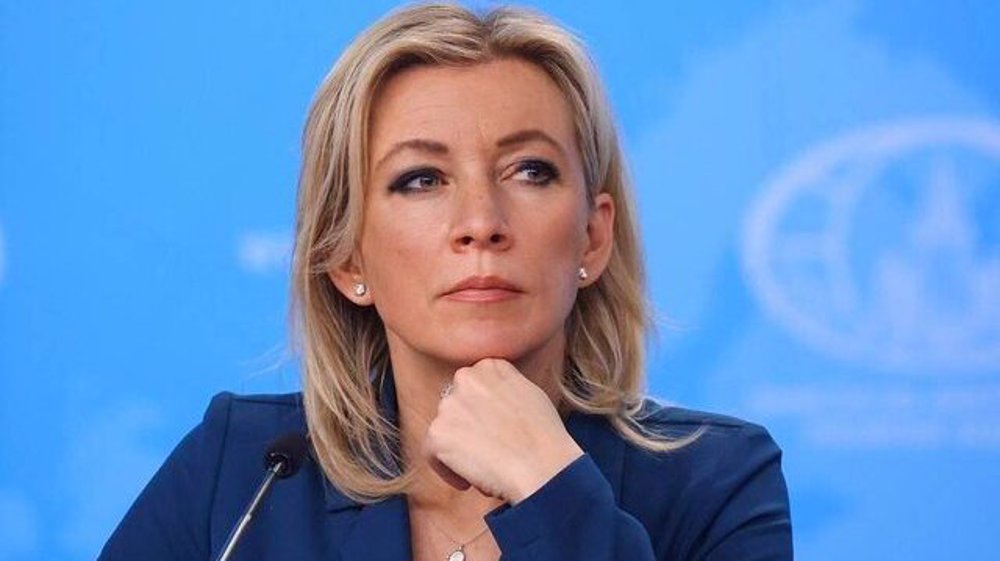
Russia: Unilateral US sanctions against Iran illegitimate, illegal
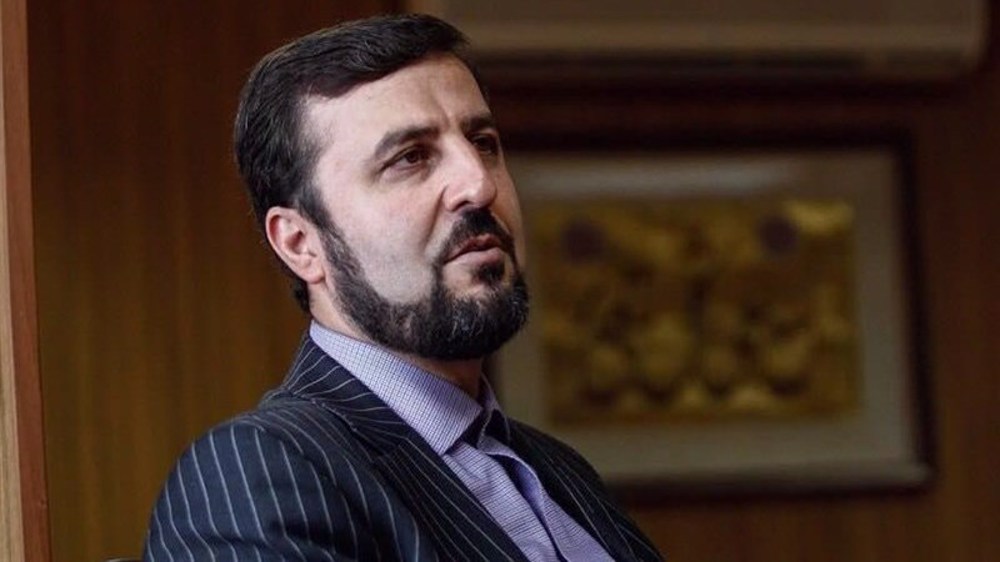
Senior official: Iran likely to hold meeting with European troika
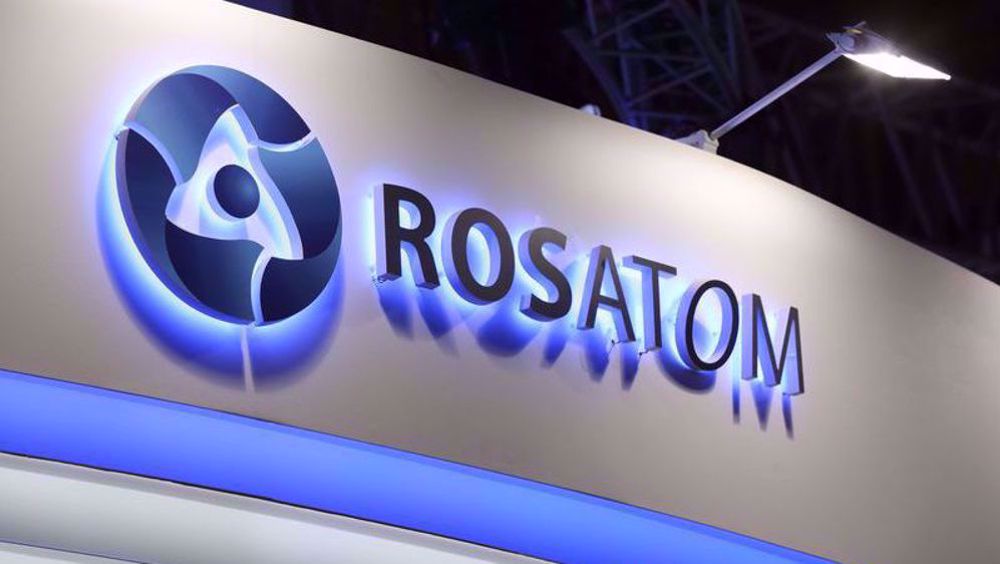
Russia’s Rosatom in ‘large-scale’ talks with Iran to build another power plant: CEO
Iranian flotilla makes port call in India with 'friendship message'
How UK counter-terror police colluded with Zionists to detain me after Beirut trip
Biden, Blinken, Austin referred to ICC over Gaza war crimes
EU will 'do the same' if US implements tariff hikes: France
VIDEO | Press TV's news headlines
British celebrities condemn BBC removal of Gaza documentary
Iran Army acquires tactical vehicles, audio surveillance systems
VIDEO | UK police detain anti-Zionist scholar upon return from Lebanon


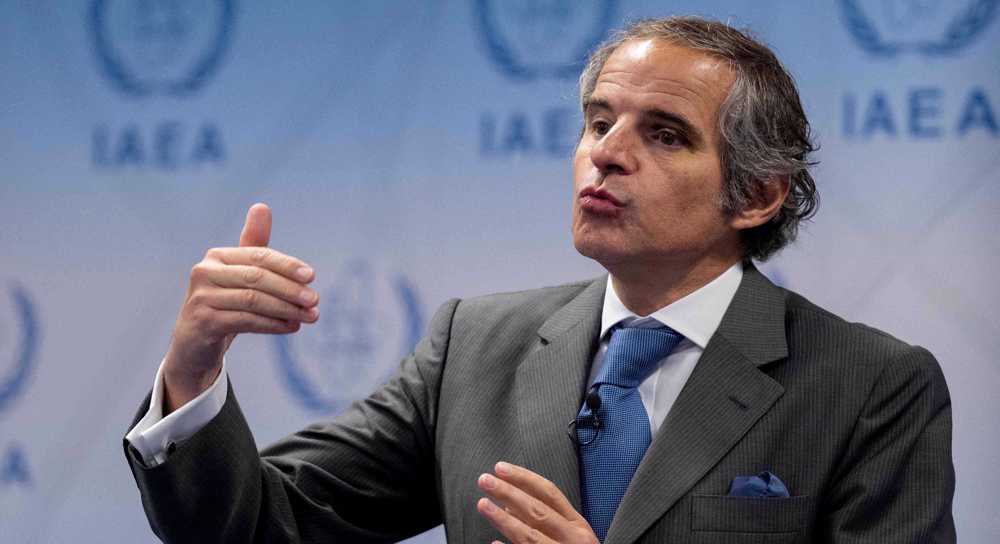
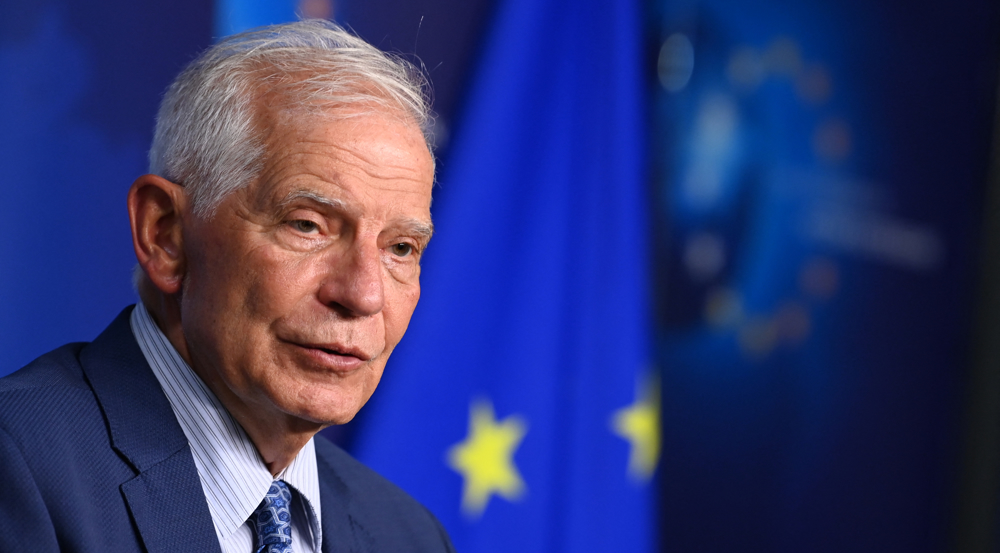
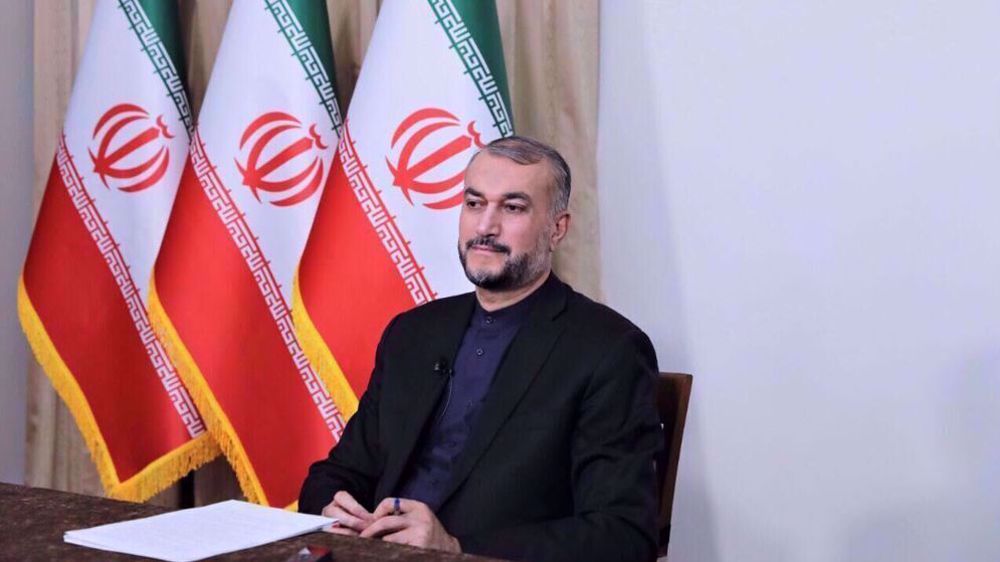




 This makes it easy to access the Press TV website
This makes it easy to access the Press TV website